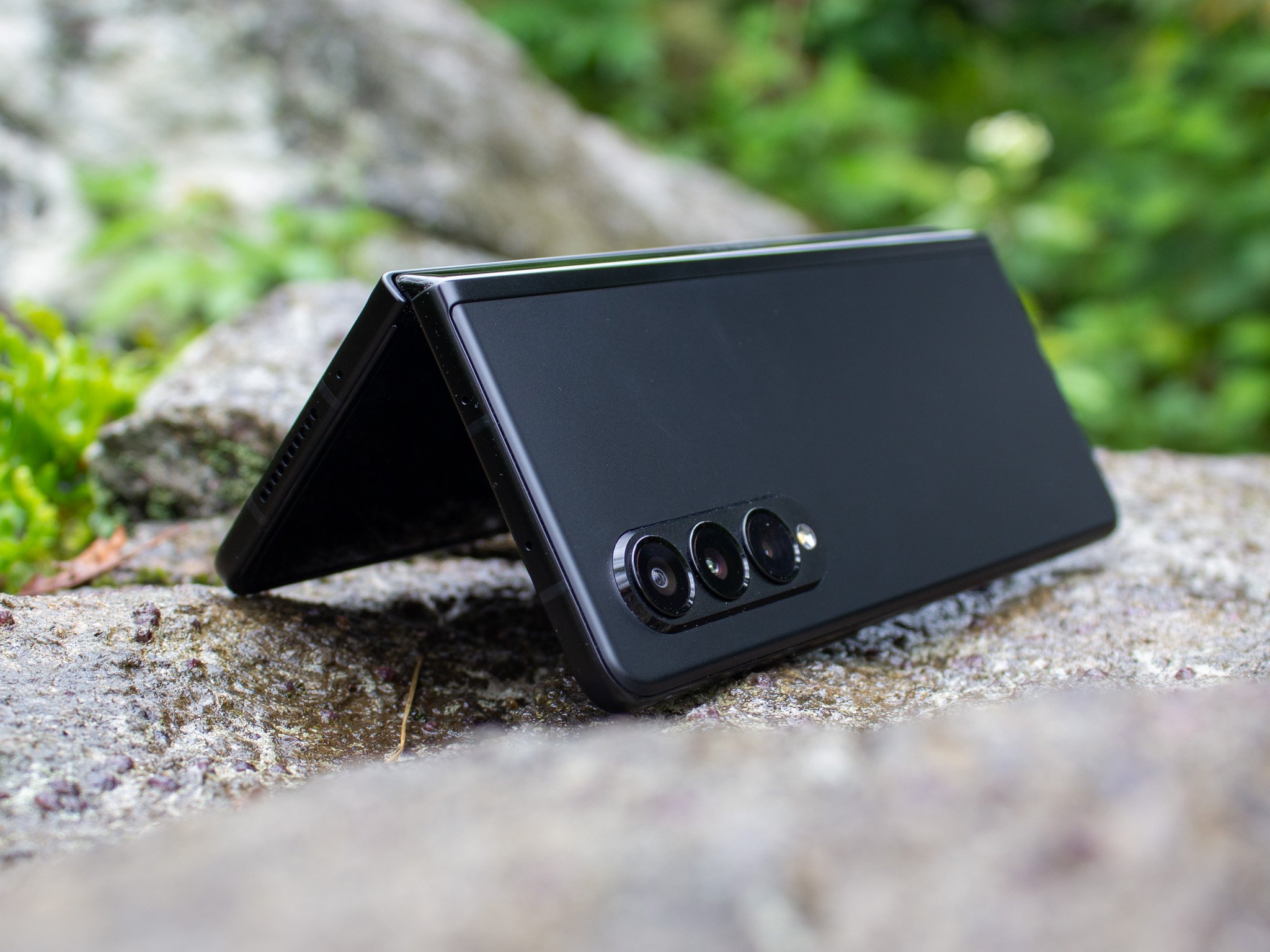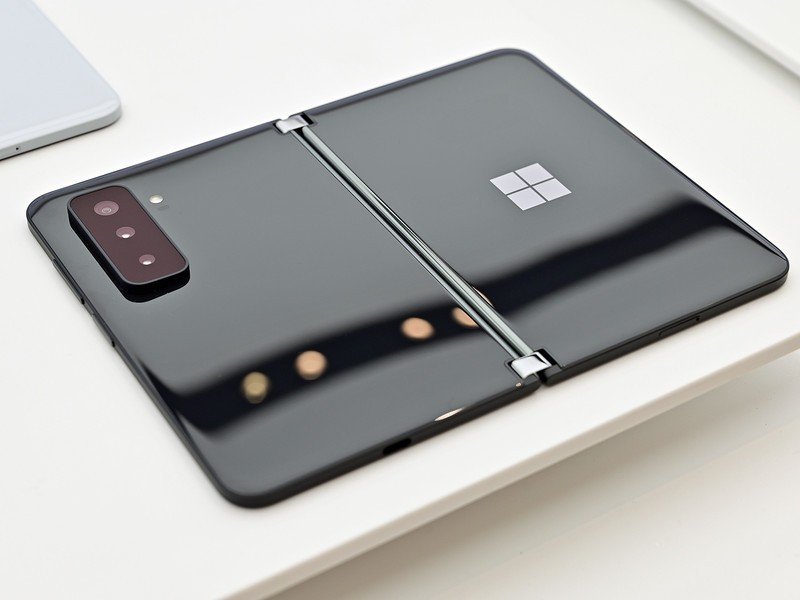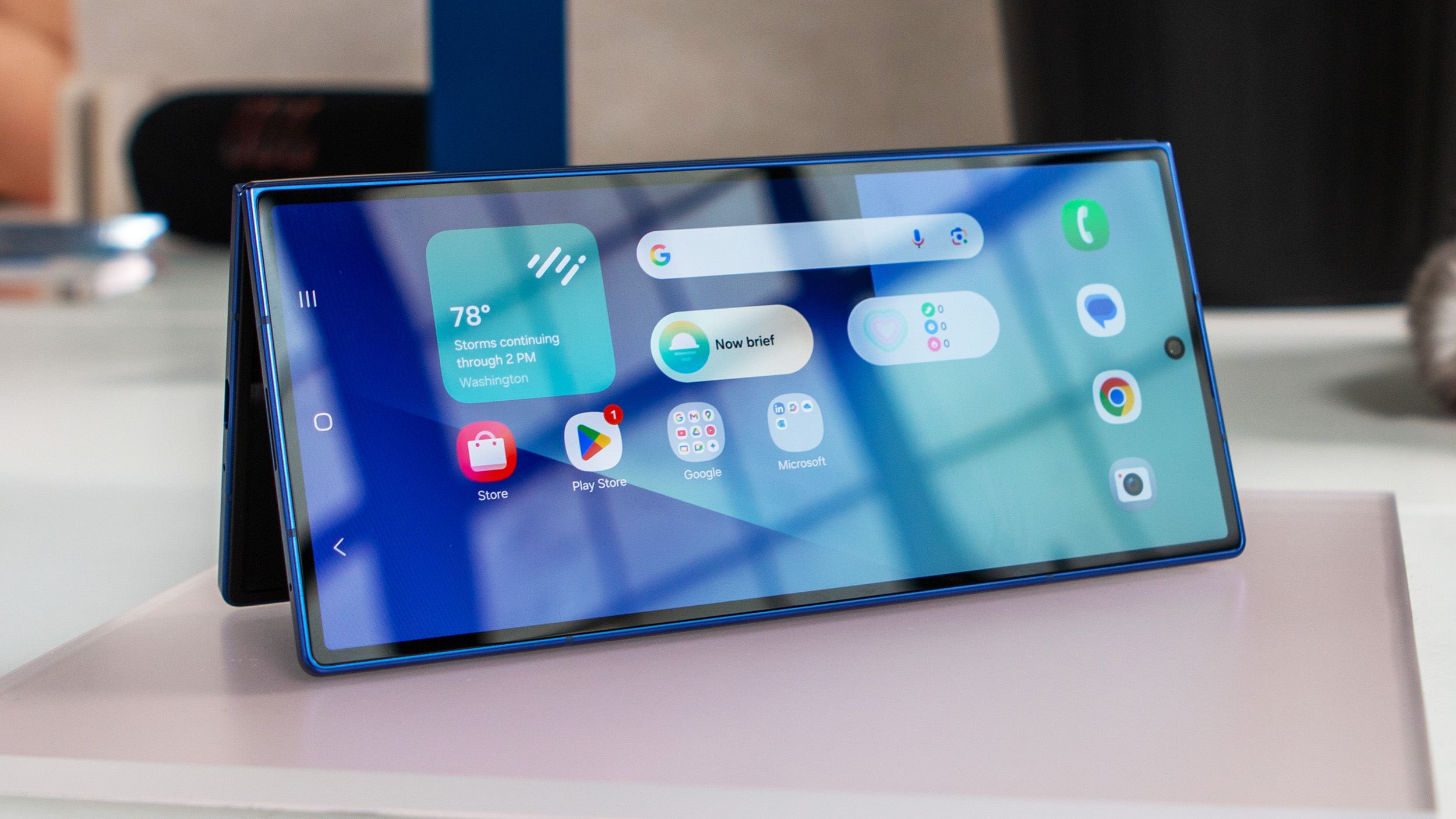Smartphone cameras are good enough and it's time to focus on the rest of the phone

Since cameras were invented, these devices have been a cornerstone of society. With the first truly accessible and portable camera, arriving in 1888 from Kodak, people have been taking photos to freeze-frame a moment of time. Fast-forward to smartphones with cameras built-in, and we've reached a point where nearly everyone has a camera — at all times. But with so many fantastic camera phones at nearly every price — is the camera really a selling point when buying a new smartphone?
Now, I'm not saying that the camera in your smartphone isn't important or possibly even the reason you purchased that particular device. I'm simply saying that for the average person, not the weekend warrior photographer or budding filmmaker, that camera has gotten so good on so many phones that perhaps manufacturers need to begin shifting their focus (get it…focus).
Thanks to the maturation of computational photography, smartphones are better than ever at taking pictures in a wide range of situations. This was something that, at one time, required buying the top-of-the-line phone to accomplish. But now, you can get something like the Pixel 4a for around $350 and have one of the best camera experiences out there.
While you'll still need to fork over a few more Benjamins if you want more advanced features like 100x zoom found in the Samsung Galaxy S21 Ultra, things like that are only used every now and then by most people. Though seeing eye-popping zoom numbers, astrophotography mode, cinematic mode, and other buzzworthy features advertised can be enticing, if you're really thinking about what will be used most frequently on your next smartphone purchase, do those gimmicks truly matter?
It's hard to point to an upper-tier smartphone from the past five years that doesn't have a more than capable camera.
Do I think that these advances in camera features are useless — no. But I think that smartphone manufacturers could put more effort into finding ways to make the rest of the device just as intriguing. It's no coincidence that there's been rumblings that phones have become boring in the past few years. But the introduction of some truly amazing folding phones like the Samsung Galaxy Z Fold 3, and even the upcoming Microsoft Duo 2, are shaking up the smartphone industry and giving consumers more than just a camera to look forward to.
Speaking of Microsoft, on the first Duo, the company felt so strongly that the camera wasn't the most important part of a smartphone that it only included one — and a not very good one at that. However, the mistake was realized and corrected with the Duo 2. Although I don't think that the error was the assumption that the camera isn't the most crucial feature, rather that it was that people care so little about the camera that it could put a bad one in its phone.

The smartphone camera is a vital part of modern smartphones, and every phone should have a good one. The Microsoft Duo proved that by offering a subpar shooter on the phone, thus putting it at a major disadvantage from phones that offered better photography abilities at much lower prices. However, the Duo was aiming for an experience that didn't revolve around needing a good camera but forgot that people still want to take good pictures when a moment presents itself.
Get the latest news from Android Central, your trusted companion in the world of Android
Samsung is so confident that the experience of a folding phone is enough to sell units that it didn't even upgrade the camera hardware in the Z Fold 3. Instead, the company opted to keep the exact same hardware and tweak the software to improve the picture quality. The Galaxy Z Flip 3 got a nice upgrade to its camera system, but in no way is that the primary selling point of this device.

Many smartphone makers are working to find new ways to make the camera a central feature of their new phones. Even Apple, with the new iPhone 13 series, spent the bulk of its presentation talking about the cameras, with only small mentions of changes to the rest of the device. Is this because companies are struggling to find what consumers really want in a new phone? Could it be because some of the manufacturers are scared to branch out from what they know works?
Perhaps it's a combination of all of these things that are keeping most smartphones from evolving past the rectangular slabs we've had for the past decade. It's a shame that brave brands like LG and its Wing are gone because they weren't afraid to take risks. Although that likely could've been part of its downfall. But the fear of trying something new for large companies like Apple and Google shouldn't mean that the camera is the only place that sees innovation.


